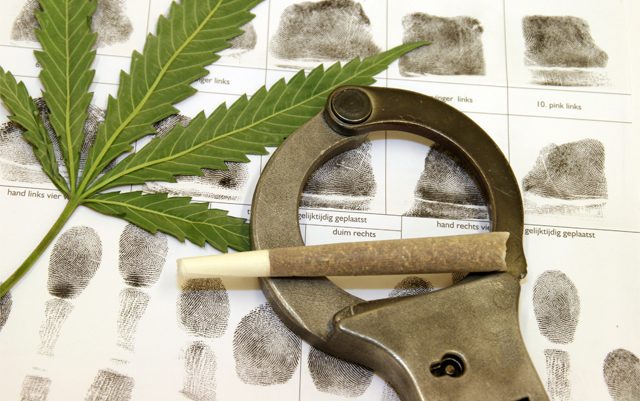In 2019 lawmakers in Illinois passed a law making them the 11th state to legalize cannabis and end prohibition. That law took effect January 1st, 2020, but before everyone started lining up in hopes of being some of the first in the state to legally buy marijuana, Governor JB Pritzker was taking advantage of another part of the new law to pardon over 11,000 people of their past marijuana convictions. State officials are estimating that there are at least 116,000 convictions involving 30 grams or less of marijuana that are now eligible for pardons – so this is only the start of what’s to come.
“We are ending the 50-year-long war on cannabis,” Pritzker said in a statement. “We are restoring rights to many tens of thousands of Illinoisans. We are bringing regulation and safety to a previously unsafe and illegal market. And we are creating a new industry that puts equity at its very core.”
The pardons were announced at a church on Chicago’s South Side on Tuesday. While other states have made an easier path to getting marijuana records expunged after legalization, Illinois didn’t want their residents to have to do anything at all. The state is required to go through years of cannabis-related convictions and ensure that people with non-violent marijuana arrests or convictions for 30 grams or less will see their records cleared.
On the other hand, if the conviction involved 30 to 500 grams of cannabis, individuals will need to file a petition with the court to have their record expunged. Officials have estimated that there are around 572,000 arrest records that fall into this category. If a marijuana arrest was paired with violent charges, however, then the offense is not eligible to be expunged.
“The war on cannabis has destroyed families. It has filled jails and prisons with nonviolent offenders. It has disproportionately affected black and brown communities,” Pritzker said at a press conference on Chicago’s South Side.
The thought behind clearing these records is to reverse some of the damage done by prohibition while transitioning to a legal market. Restoring people’s ability to find work, housing and college aid without having to mark an arrest or conviction on their record that would no longer be a crime will go a long way for these individuals. While it’s important to prevent further damage by legalizing the plant, it’s good to see such focus on also reversing some of the harm that was already done.






